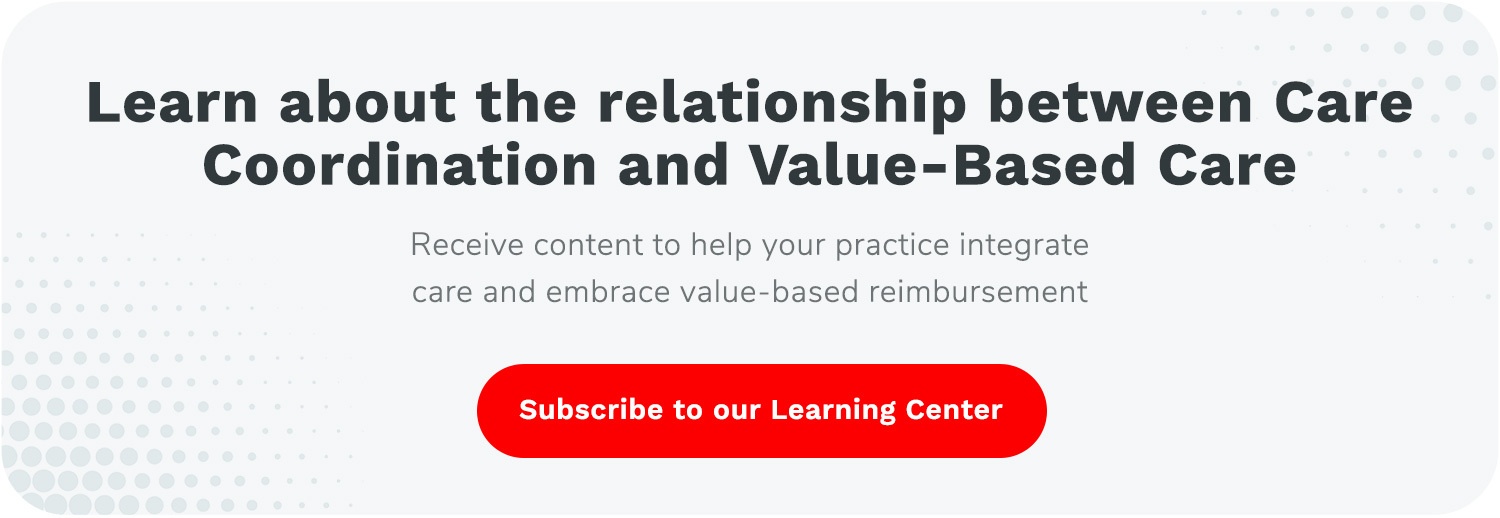Chronic Care Management: Talking Points for Holiday Patient Engagement
For a care manager, the holidays can be a challenging time. Especially if you're tasked with engaging patients enrolled in Chronic Care Management (CCM).
Many of your patients are traveling to visit family, are entertaining guests, or are lost to shopping, and they're just too busy to answer the phone. But when you can reach them, it’s crucial to offer your patients a few tips to help them stay healthy.
Between office closures, scheduling difficulties, and even holiday sweets, care for chronic conditions can face complications.
In my experience as a care manager, I’ve found that patients will not only listen when you have a chance to speak with them, but they appreciate the support and often report success.
Below, I'll present a few talking points associated with two core areas of concern for chronic care patients. These topics can help engage your patients during this busy time of year, and they may help them navigate care challenges often faced in December.
Management of Patient Medications
Many doctors' offices close through the holidays. So, you'll want to remind your patients to plan ahead for medication refill requests.
It's wise to suggest that they have enough of their medication on hand to last til the new year.
The same is true for travel.
Discuss any travel plans with your patient and help them prepare what they need to bring.
This can include medications and any necessary care equipment.
Typically, I advise the patient to pack a few more dosages than they would usually need, just in case of any accidental medication loss.
If they're traveling, be sure your patient has a complete medication list and the name and phone number of their doctor’s office.
Lost luggage can leave your patient at a destination without their medicine.
If this occurs, they can call their doctor’s office with the name and phone number of a local pharmacy, and the prescriptions can be called in for the length of their visit.
Management of Dietary Concerns
Chronic conditions are inherently linked to the food you eat.
As your patients celebrate the holiday season, they'll most likely enjoy a special meal or 1 or 2 sweets. Just as most of us do. But, it's important to help your patient not overdo it.
For example, it takes your brain about 20 minutes to realize when your stomach is full. So, suggest to your patient that they eat slowly and wait for at least this long before having seconds.
For those who need to limit carbohydrates, avoiding sweets is important. But, it's also key to avoid other foods, such as mashed potatoes, dinner rolls, or rice.
Patients with diabetes should check their glucose levels frequently to ensure their readings are steady. Adjustments in diet, exercise, or sliding-scale medications are more successful if your patient's glucose level is only mildly elevated.
Water will also help your patient feel more full and aid digestion. Encourage your patient to increase their intake unless they are on a restriction.
Lastly, your patient should be cautious with alcohol consumption.
Many cocktails are rich in sugar. And alcohol can interact poorly with many medications.
Dry red or white wines are usually the safest choices. They contain fewer calories than mixed drinks, and the sugar content has already been converted to alcohol.
Your patients should limit their number of drinks to 1 to 2 for women, or 2 to 3 for men.
Encourage Your Patients to Enjoy the Season!
Feel free to reassure your patients that they can still enjoy themselves through the holidays.
While they'll need to mind their decisions, as chronic conditions can exacerbate or lead to complicated illnesses, a little holiday cheer goes a long way toward positive mental health.
So, as a care manager, keep your suggestions simple.
All that's required of your patients is medication management and basic dietary guidelines.
Beyond that, encourage enjoyment in ways that are meaningful to them.



